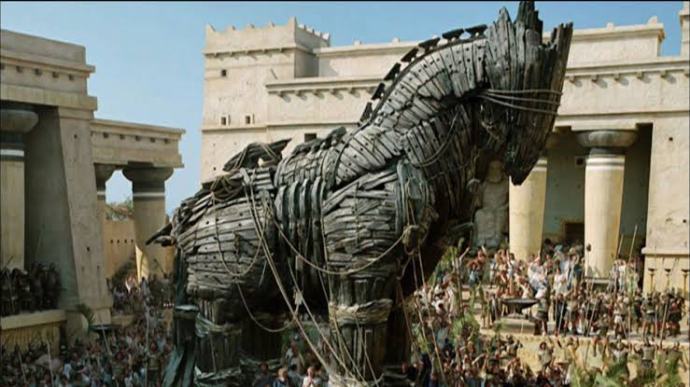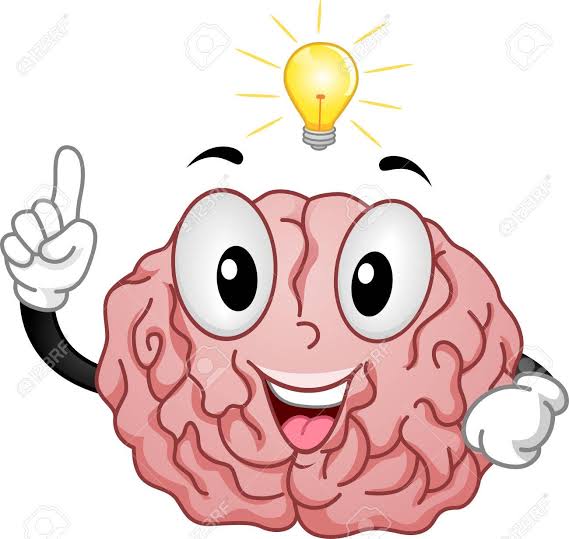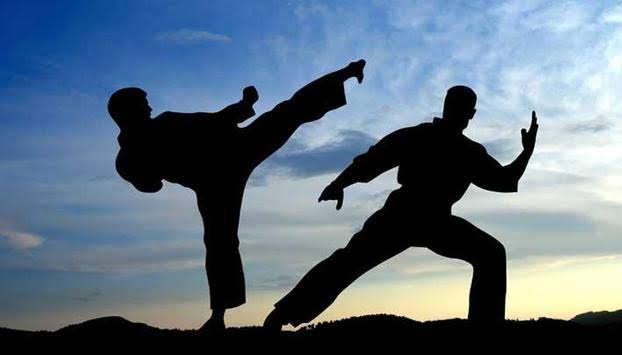There is the common saying that we all have the same 24 hours. Recently many young professionals have come out against such a claim and truth be told their arguments are valid. If you have an easier road ahead compared to another in the same race, then indeed the race is not the same. Put another way, if your parents could afford to buy you a car and an apartment close to school then you and the student spending an hour each way to get to school do not have the same 24 hour day. This raises an even bigger problem for me personally…
The difference between excuses and reasons is that reasons are valid. It is true that if you have less the odds are stacked up against you. It is true that if you are the first in your family to attempt that very thing the odds are stacked up against you. If you are female, that adds to those odds. All these reasons are one hundred percent valid. But! They do not serve you. Inherent in the reason is justification for not being where you want to be. The reasons may be true and valid, but they do not bring you any closer to where you want to be. They are not serving your greater objective and here’s why…
The human brain hates two things; change and being wrong. Meaning it will work very hard to ensure it never experiences any of these things. That is why getting into shape is so difficult or kicking a bad habit. The energy required for the brain the rewire itself must be justifiable or the brain will work hard not to do it. Meaning if you say to yourself, I do not have the same 24 hours as them so I should not expect the same results, you give the brain justification not to find solutions to your current problem. The human brain will rewire if it is given no other choice. That is why our greatest triumphs often came after saying “Come hell or high waters I will finish this degree!” Suddenly, a solution just popped up. The solution was always there but the brain had to find justification to expand all that energy to find it.
The only thing the brain hates more than change and being wrong is perceived death. It doesn’t have to be real death, it simply has to seem like a death of some sort. A drug overdose that causes a near-death experience that causes a person to kick their bad habit. The brain would rather change or be wrong than die.
The purpose of beliefs is inducing certain wiring in the brain that cause a particular result. Saying I do not have the same 24 hours but I will still be a Rock star in my field, is very different to simply saying I do not have the same 24 hours as them.
The one serves you and the other doesn’t. I don’t keep belief systems that do not serve me. No matter how true they may be.




